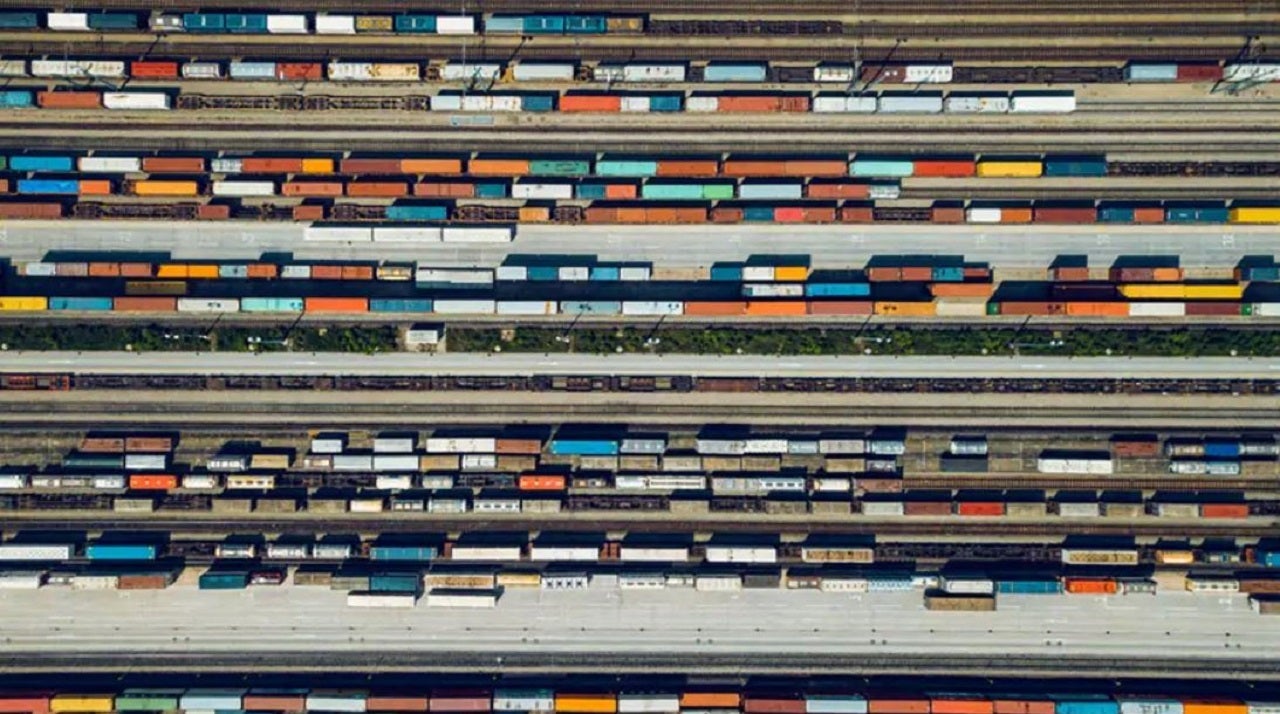
Danish shipping firm Maersk has unveiled a new CapO2 free intermodal transports solution, which has been installed on 85% of its German inland rail services.
Compared with conventional trains, this native, cost-neutral solution will cut down CO2 emissions to zero, saving nearly 9,100tpa of CO2, the company claims.

Discover B2B Marketing That Performs
Combine business intelligence and editorial excellence to reach engaged professionals across 36 leading media platforms.
Similarly, in comparison with road transport, the solution will save around 40,000tpa of CO2.
Maersk Germany intermodal sales manager Johannes Tenschert said: “Our aim is to be able to convert 100% of our rail inland network in a year from now, by Q1 2022. This is another example of Maersk’s effort to help customers reach their goals to reduce their CO2 footprint.”
The electricity-powered container locomotives will link the seaport of Bremerhaven with other local economic sites such as Mannheim, Munich, Stuttgart and Nuremberg.
Germany’s Maersk rail transport is run by boxXpress.de, which is owned by ERS Railways, Eurogate Intermodal and TX Logistik.

US Tariffs are shifting - will you react or anticipate?
Don’t let policy changes catch you off guard. Stay proactive with real-time data and expert analysis.
By GlobalDataThe Hamburg-based railway company utilises 100% renewable hydropower for the operation of fully electric trains in the country.
ERS managing director and boxXpress.de board member Bernd Decker said: “It is recognised by TÜV Nord as ‘Certified Green Electricity’.”
Last June, Maersk announced the launch of a new research centre, Maersk Mc-Kinney Møller Center for Zero Carbon Shipping.
The new research centre in intended at developing new fuel types and technologies.
The centre was founded by ABS, AP Møller – Maersk, Cargill, MAN Energy Solutions, Mitsubishi Heavy Industries, NYK Line and Siemens Energy.
The shipping industry has announced plans to reduce global carbon emissions by 2050.



